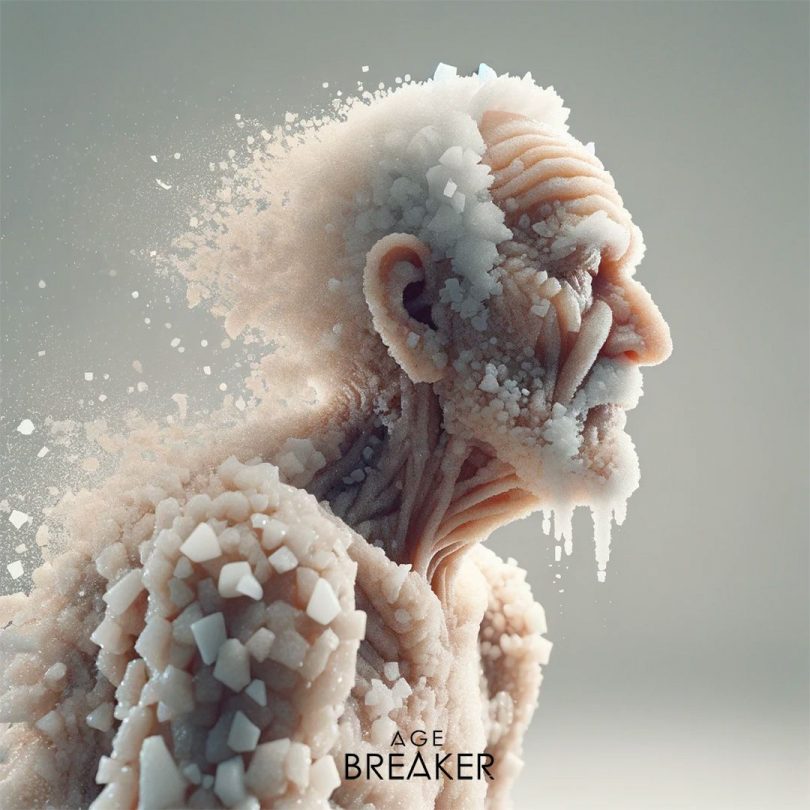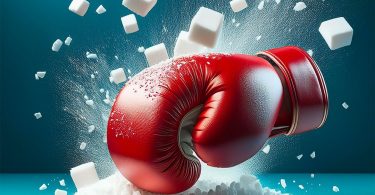High glycation is associated with an increased risk of mortality.
Glycation, the chemical reaction resulting from the binding of sugars to proteins, is responsible for accelerated aging and age-related diseases.
A distinction is made between endogenous glycation, the most dangerous form, resulting from contact between ingested sugars and the body’s proteins, and exogenous glycation resulting from ingestion of proteins that are already glycated.
It develops silently and very slowly (around 1% per year), and is considered irreversible.
A study of 22,124 participants with an average age of 45.6 years at start-up, and an average duration of 27.1 years – data collected by the National Health and Nutrition Examination Survey in the USA – shows that a high consumption of glycated products (AGEs), from all sources, is significantly associated, all other causes taken into account, with an increased risk of mortality from cardiovascular disease and cancer (1).
Advances in knowledge about glycation show that lifestyle intervention, and in particular the type of diet, ingredients, their composition and cooking methods, are key factors in taking control of aging.
© AGE Breaker 03 2024
[Glycation is one of the major causes of aging. Resulting from the fixation of sugars on the proteins constituting the organism, glycation generates toxic compounds that cause cellular aging. Glycation is particularly involved in metabolic disorders, skin aging and cognitive decline.] [AGE BREAKER, patented nutritional supplements, based on rosmarinic acid, recognized by aging specialists around the world for their properties to reverse the effects of glycation.]More on www.agebreaker.com
#agebreaker #glycation #antiaging #longevitymedicine #preventivemedicine #preventivehealth #skinaging #4pmedicine #advancedglycationendproducts
(1) – Changyu Si et Al. Association of total and different food-derived advanced glycation end-products with risks of all-cause and cause-specific mortality.
Food Funct., 2024, 15, 1553-1561. DOI: 10.1039/d3fo03945e









